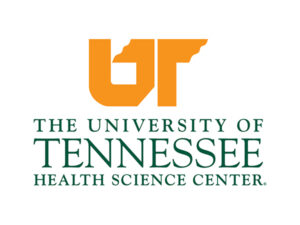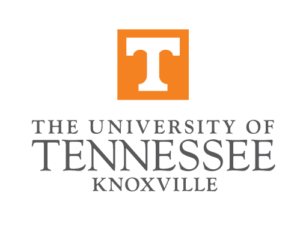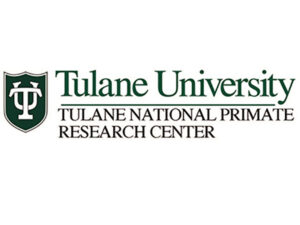ABOUT IMMUNO
Immuno Technologies, Inc (ITi) is a Memphis-TN based company focused on preclinical research in preventatives (vaccines, monoclonal antibody therapies) and diagnostic assays for Lyme disease and leptospirosis.
Funding mechanism: Non-dilutive SBIR funding since 2014.
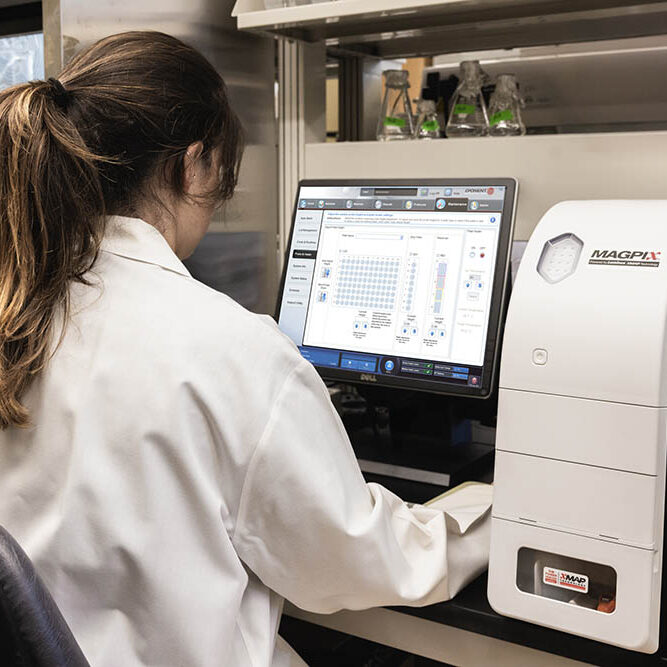
PATHWAY TO COMMERCIALIZATION
PATHWAY TO COMMERCIALIZATION
ITi preclinical development of biologics fits into the Proof-of-Principle (POC) and Pre-IND space (IND enabling studies). Once the IP is secured, ITi seeks strategic alliances (for example, a license) with interested parties that have the capability to commercialize the product. Each new Patent or License either becomes the foundation of a new company or, if it fits within a pipeline of products of an existing company, a licensing agreement is established between the parties.
Parties interested in Strategic Alliances please contact us.

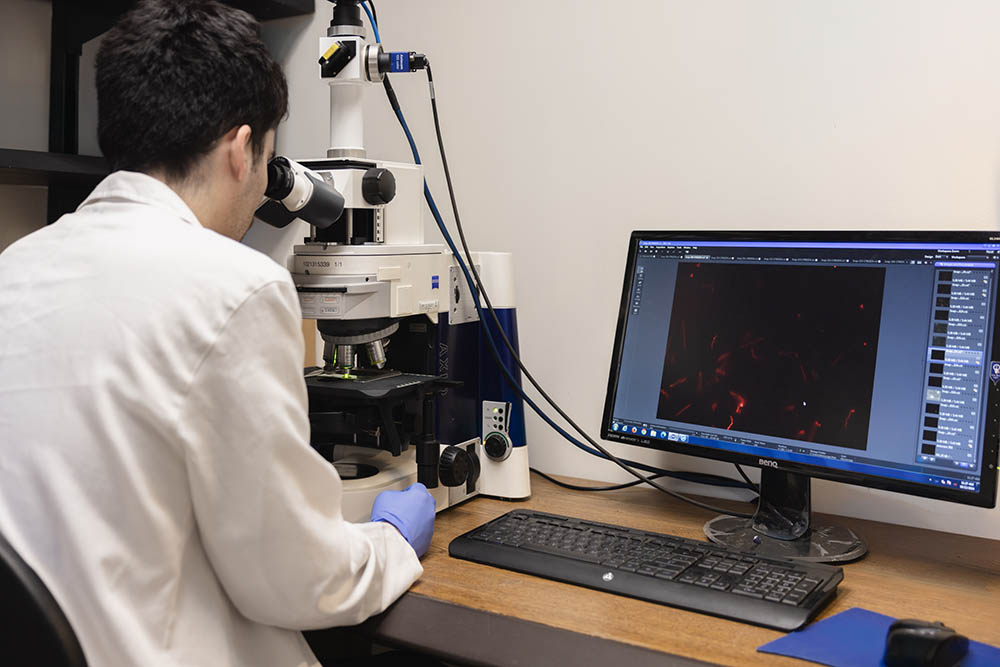

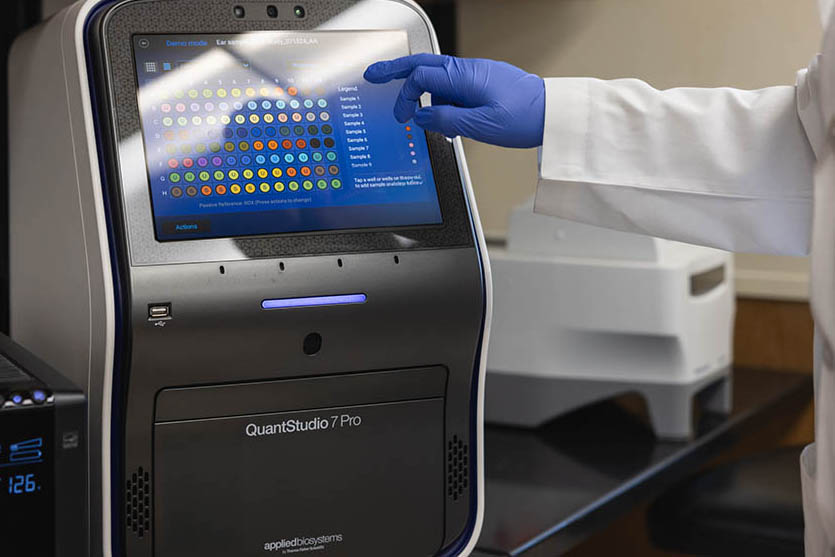
FINANCIAL CONFLICT OF INTEREST POLICY
Updated June 25, 2022
Policy Statement
Immuno Technologies Inc (ITi) is a US based for profit company focused on pre-clinical research on vaccines and immunodiagnostic assays for spirochetal diseases affecting animal and human health. The company is committed to protecting the integrity and objectivity of its research activities by ensuring that the design, conduct, and reporting of research will not be biased or appear to be biased by a personal financial conflict of interest. ITi has implemented this policy to identify, manage, reduce, or eliminate financial conflicts of interest (FCOI). As needed, we will continue to review and update this policy. ITi anticipates using this FCOI as the standard for all Federal agencies grant efforts. The procedures described in this policy were designed primarily to comply with the specific regulatory requirements for U.S. Public Health Service (PHS)-sponsored research but are also intended to provide a basic framework and standards for identifying, evaluating, and managing potential financial conflicts of interest relating to ITi other research activities. For non-PHS research, the specific steps, timing, determinations, documentation, and notifications may be tailored as appropriate but will remain focused on maintaining ITi high standards for research integrity and effectively eliminating or managing actual or potential financial conflicts of interest.
Reason for Policy
This policy and related procedures have been developed to identify, manage, mitigate, neutralize, or eliminate actual, apparent, and potential financial conflicts of interest. The policy was written to be in conformance with the Code of Federal Regulations (CFR) 42, Part 50, Subpart F, “Responsibility of Applicants for Promoting Objectivity in Research for Which Public Health Service (PHS) Funding Is Sought” and 45 CFR Part 94, “Responsible Prospective Contractors”.
Definitions
The following are key term definitions and ITi’s policy guidance for principal or program investigators, subrecipients, subgrantees and collaborators. The comprehensive FCOI policy updated June 25, 2022 (Addendum A, ITi Employee Handbook) is also available on the ITi website so that all interested parties, including the general public, have access to the Company policy.
Designated Official is the individual designated by ITi (Signing Official) to oversee the financial conflicts of interest process, including solicitation and review of disclosures of significant financial interests.
Equity interest includes any stock, stock option, or other ownership interest, and its value may be determined through reference to public prices or other reasonable measures of fair market value.
Financial conflict of interest means a significant financial interest that could directly and significantly affect the design, conduct, or reporting of research as determined by ITi through the Designated Official.
Financial interest means anything of monetary value, whether or not the value is readily ascertainable.
Immediate family refers to an Investigator’s spouse and dependent children.
Investigator means the project director/principal investigator and any other person who is responsible for the design, conduct, or reporting of the research or proposed research.
PHS means the U.S. Public Health Service, an operating division of the U.S. Department of Health and Human Services (HHS), and any components of the PHS to which the authority involved may be delegated, including the National Institutes of Health.
PHS Awarding Component means the organizational unit of the PHS that funds the research that is subject to 42 CFR Part 50, Subpart F, and 45 CFR Part 94.
PHS-funded Research means research funded under PHS grants, cooperative agreements, or contracts.
Public Health Service Act, or PHS Act means the statute codified at 42 U.S.C. 201 et seq.
Remuneration includes, for example, salary and any payment for services not otherwise identified as salary (e.g., consulting fees, honoraria, paid authorship).
Research means a systematic investigation, study, or experiment designed to develop or contribute to generalizable knowledge relating broadly to public health, including behavioral and social sciences research. The term encompasses basic and applied research (e.g., a published article, book, or book chapter) and product development (e.g., a diagnostic test, a drug, a vaccine). For PHS-Funded Research, the term includes any such activity for which research funding is available from a PHS Awarding Component through a grant (except Phase I SBIR/STTR), cooperative agreement, or contract, whether authorized under the PHS Act or other statutory authority.
Significant Financial Interest (SFI) means a financial interest consisting of one or more of the following interests of the Investigator and his/her immediate family that reasonably appear to be related to the Investigator’s ITi project responsibilities, including:
- With regard to interests in any publicly traded entity, a financial interest consisting of any remuneration received from the entity in the 12 months preceding the disclosure and any equity interest (e.g., stock, stock option, or other ownership interest) in the entity as of the date of disclosure, in which the value when aggregated exceeds $5,000;
- With regard to interests in any non-publicly traded entity, a financial interest consisting of any remuneration received from the entity in the 12 months preceding the disclosure, in which the value when aggregated exceeds $5,000, or when the Investigator or his/her immediate family holds any equity interest (e.g., stock, stock option, or other ownership interest); or
- Intellectual property rights and interests (e.g., patents, copyrights), upon receipt of income related to such rights and interests.
Significant financial interests also include any reimbursed or sponsored travel (i.e., that which is paid on behalf of the Investigator and not reimbursed to the Investigator so that the exact monetary value may not be readily available) related to the Investigator’s ITi project responsibilities, provided, however, that this disclosure requirement does not apply to travel that is reimbursed or sponsored by a Federal, state, or local government agency; an institution of higher education as defined at 20 U.S.C. 1001(a); an academic teaching hospital; a medical center; or a research institute that is affiliated with an institution of higher education.
Significant financial interest does not include the following:
- Salary, royalties, or other remuneration paid by ITi (or a subrecipient as applicable) to the Investigator if the Investigator is currently employed or otherwise appointed by ITi, including that paid for intellectual property rights assigned or licensed to ITi and agreements to share in royalties related to such rights;
- Any ownership interest in ITi (or a subrecipient as applicable) held by the Investigator (e.g., Employee Stock Ownership Plan);
- Income from investment vehicles, such as mutual funds and retirement accounts, as long as the Investigator does not directly control the investment decisions made in these vehicles;
- Income from seminars, lectures, or teaching engagements sponsored by a Federal, state, or local government agency; an institution of higher education as defined at 20 U.S.C. 1001(a); an academic teaching hospital; a medical center; or a research institute that is affiliated with an institution of higher education; or
- Income from service on advisory committees or review panels for a Federal, state, or local government agency; an institution of higher education as defined at 20 U.S.C. 1001(a); an academic teaching hospital; a medical center; or a research institute that is affiliated with an institution of higher education.
Procedures
Responsibilities of ITi’s Designated Official
The Designated Official or his/her designee shall be responsible for the following:
- Informing ITi Investigators of their obligations under this policy and any related regulations;
- Reviewing disclosures of significant financial interest with ITi’s Administrator to determine whether they are related to the subject research and, if so, whether they constitute financial conflicts of interest;
- Screening and managing potential financial conflicts of interest;
- Maintaining all records relating to disclosures of financial interests, ITi’s review of and response to such disclosures, and any related actions under this policy;
- Ensuring inclusion of any required certifications in applications for funding or contract proposals; and
- Reporting and disclosure as required under this policy and applicable regulations.
For PHS-funded research, the Designated Official shall also have the following responsibility:
- Taking reasonable steps to ensure that Investigators for subrecipients (e.g., subgrantees, subcontractors, or collaborators) fully comply with this policy or provide ITi with sufficient assurances to enable ITi’s compliance with all applicable laws or regulations. To this end, the written agreement between ITi and the subrecipient will specify whether ITi’s or the subrecipient’s financial conflicts of interest policy will apply to the subrecipient’s Investigators and, if the subrecipient’s policy will apply, the Designated Official will:
- Obtain certification from the subrecipient that its policy complies with ITi’s policy and the applicable regulations (absent such certification, ITi’s policy will apply to the subrecipient’s Investigators, and
- Establish time periods for subrecipient reporting of financial conflicts of interest to ITi that enable ITi to report such conflicts in a timely manner, as required under its policy and the applicable regulations.
If ITi’s policy will apply to the subrecipient Investigators, ITi will be responsible for meeting the requirements of this policy and the reporting obligations reflected in the applicable regulations.
Internal Reporting Requirements
For PHS-funded research in particular, as part of the funding application or proposal and prior to performing any work on the research, each Investigator who is planning to participate in the research is required by regulation to complete a Significant Financial Interest Disclosure (SFID) Form and submit the SFID Form to ITi’s Administrator. This requirement also applies to Investigators who are or who work for subgrantees, subcontractors, or collaborators on PHS-funded research. SFID Forms will be provided to Investigators in conjunction with the annual training and will be otherwise made available on the ITi website. ITi’s Administrator will review SFID submissions with the Designated Official. The information reported on the SFID Form includes a listing of the Investigator’s known significant financial interests and those of his/her immediate family that reasonably appear to be related to the research or that are in entities whose financial interests could be affected by the research.
ITi Investigators in non-PHS-funded research who have any significant financial interest that may reasonably appear to be affected by the research are also expected to complete the SFID Form and submit it to ITi’s Administrator.
Investigators are expected to submit an updated SFID Form during the period of the award as necessary (at least annually for PHS-funded research). The annual update will typically be done in conjunction with completion of the annual training. Such disclosures shall include any information that was not previously disclosed; any change in information regarding any previously disclosed significant financial interest; or, within 30 days of discovery or acquisition, any new significant financial interest (e.g., an interest acquired through purchase, marriage, or inheritance).
Determination and Management of Financial Conflicts of Interest
Upon receipt of a completed SFID Form, the Designated Official shall determine whether an Investigator’s significant financial interest is related to the subject research and, if so, whether the interest constitutes a financial conflict of interest under this policy and any applicable regulations. The Investigator may be required to submit additional information as part of the process. A disclosed interest may be related to the subject research either because the interest could be affected by the research or because it is in an entity whose financial interest could be affected by the research. A financial conflict of interest exists if the significant financial interest could directly and significantly affect the design, conduct, or reporting of the research.
If ITi determines that a financial conflict of interest exists, a financial conflicts of interest management plan will be implemented and monitored on an ongoing basis. The management plan will include appropriate steps to manage, reduce, or eliminate the conflict. The following are examples of conditions or restrictions that might be imposed:
- Disclosure to research participants or the public of significant financial interests (e.g., when presenting or publishing the research);
- Monitoring of research by independent reviewers;
- Modification of the research plan;
- Disqualification of staff from participation in all or a portion of the research;
- Reduction or divestiture of a financial interest; or
- Severance of relationships that create actual or potential conflicts.
In addition to the conditions or restrictions described above, ITi may require the management of conflicting financial interests in other ways as it deems appropriate.
External Reporting Requirements
ITi will disclose financial conflicts of interest as required by applicable laws or regulations. Before expending any funds under a PHS award, ITi will ensure public accessibility by posting financial conflicts of interest information on a publicly available web site or by responding in a timely manner to written requests as required under the regulations. The Designated Official will also report to the PHS Awarding Component, as detailed in the regulations, the existence of any financial conflict of interest that has not been eliminated and will ensure that ITi has implemented a plan to manage the conflict.
If a financial conflict of interest is identified after its initial reporting and during ongoing research (e.g., through participation of a new Investigator) and has not been eliminated, ITi will provide the PHS Awarding Component with an update within 60 days and ensure that it has implemented a plan to manage the conflict. If the financial conflicts of interest report involves a significant financial interest that was not disclosed by an Investigator or not previously reviewed or managed by ITi (e.g., not reviewed or reported by a subrecipient in a timely manner), ITi will undertake a retrospective review. Such retrospective review will determine whether there was bias in the design, conduct, or reporting of the PHS-funded research, or portion thereof, conducted prior to the identification and management of the conflict. If bias is found, ITi will promptly notify the PHS Awarding Component and submit a mitigation report. Upon request, ITi will provide HHS with information relating to any Investigator disclosure of significant financial interests; ITi’s review of, and response to, such disclosure; and whether the disclosure resulted in ITi’s determination of a financial conflict of interest.
Confidentiality
ITi will, to the extent possible, protect the confidentiality of disclosures. In every instance, ITi will endeavor to balance the privacy interests of individuals with its responsibility and obligation to identify and manage conflicts of interest. Disclosures will be available to ITi staff only on a need-to-know basis and will not be disclosed outside of ITi unless necessary to comply with contractual, legal, or regulatory requirements.
Investigator Noncompliance
If an Investigator knowingly fails to comply with this policy (e.g., fails to identify an actual or potential financial conflict of interest), ITi may take appropriate disciplinary action, which may include, without limitation, termination of the Investigator’s participation in the research. In addition, for PHS-funded research, failure to comply with this policy or the applicable regulations shall result in the following:
- If the Investigator’s failure to comply with this policy or a financial conflicts of interest management plan has biased the design, conduct, or reporting of the PHS-funded research, ITi shall promptly notify the PHS Awarding Component of the corrective action taken or to be taken;
- ITi will make available to HHS all records pertinent to financial conflicts of interest and the management of those conflicts; and
- If HHS determines that a clinical PHS-funded research project whose purpose is to evaluate the safety or effectiveness of a drug, medical device, or treatment has been designed, conducted, or reported by an Investigator with a financial conflict of interest that was neither disclosed nor managed, ITi shall require disclosure of the conflicting interest in each public presentation of the results of the research and shall request an addendum to previously published presentations, if necessary.
Training and Education
Investigators receive training to promote objectivity in research and to ensure Investigator compliance with regard to the applicable regulations and significant financial interest disclosure obligations. The training module and other resources developed by NIH will be updated as appropriate and can be accessed through the NIH Web site.
ITi requires Investigators to complete such training annually, and when any of the following occurs:
- ITi revises its financial conflicts of interest policy or procedures in any manner that affects the Investigator’s obligations;
- An Investigator is new to ITi; or
- ITi finds that an Investigator is not in compliance with this policy or a financial conflicts of interest management plan.
- Retention of Records
The Designated Official will retain financial conflicts of interest disclosure forms and other supporting information consistent with ITi’s Record Retention policy. For PHS-funded research, records of all financial disclosures, whether or not they result in a reporting obligation, and all actions taken by ITi with respect to each financial conflict of interest will be retained for at least 3 years from the date of submission of the final expenditures report or final payment on the contract or, where applicable, from other dates specified in 45 CFR 74.53(b) or 48 CFR Part 4, Subpart 4.7.
Point of Contact
If you have a conflict of interest or if you have a question to discuss, contact the ITi Administrator at FCOI Contact at immunotechnologies.com.
ITi SIFD Form will be emailed to each investigator by the Designated Official.
Partnerships
